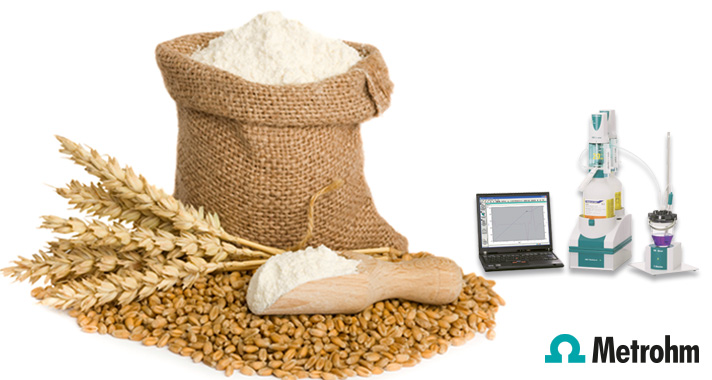Thermometric titration is a promising method for the straightforward sodium determination in foodstuffs.
Sodium is one of the most common inorganic cations in food that is mostly added as sodium chloride. Excess sodium, however, increases the risk of health problems such as cardiovascular diseases. An increasing health awareness and the widespread prescribed labelling of foodstuffs with nutritional information drive demand for direct sodium determination methods.
Common methods of direct testing of sodium include atomic absorption spectroscopy or inductively coupled plasma spectroscopy. These techniques involve significant capital investments in equipment and infrastructure, costly ultra pure reagents and lengthy sample preparation, and system calibration.
Thermometric titration, on the other hand, is a promising method for the straightforward sodium determination in foodstuffs. Enthalpy change can be monitored as a change in temperature of the solution using a maintenance-free sensitive digital thermometer. The titration is performed directly on a suspension of the food sample and is completed in under two minutes. The method is robust, can be fully automated and due to the highly reproducible high-frequency homogenisation, copes with a variety of challenging food matrices. With these features, the sodium ion in sample can directly be proportional with amount of the titrant used according to the exothermic.









